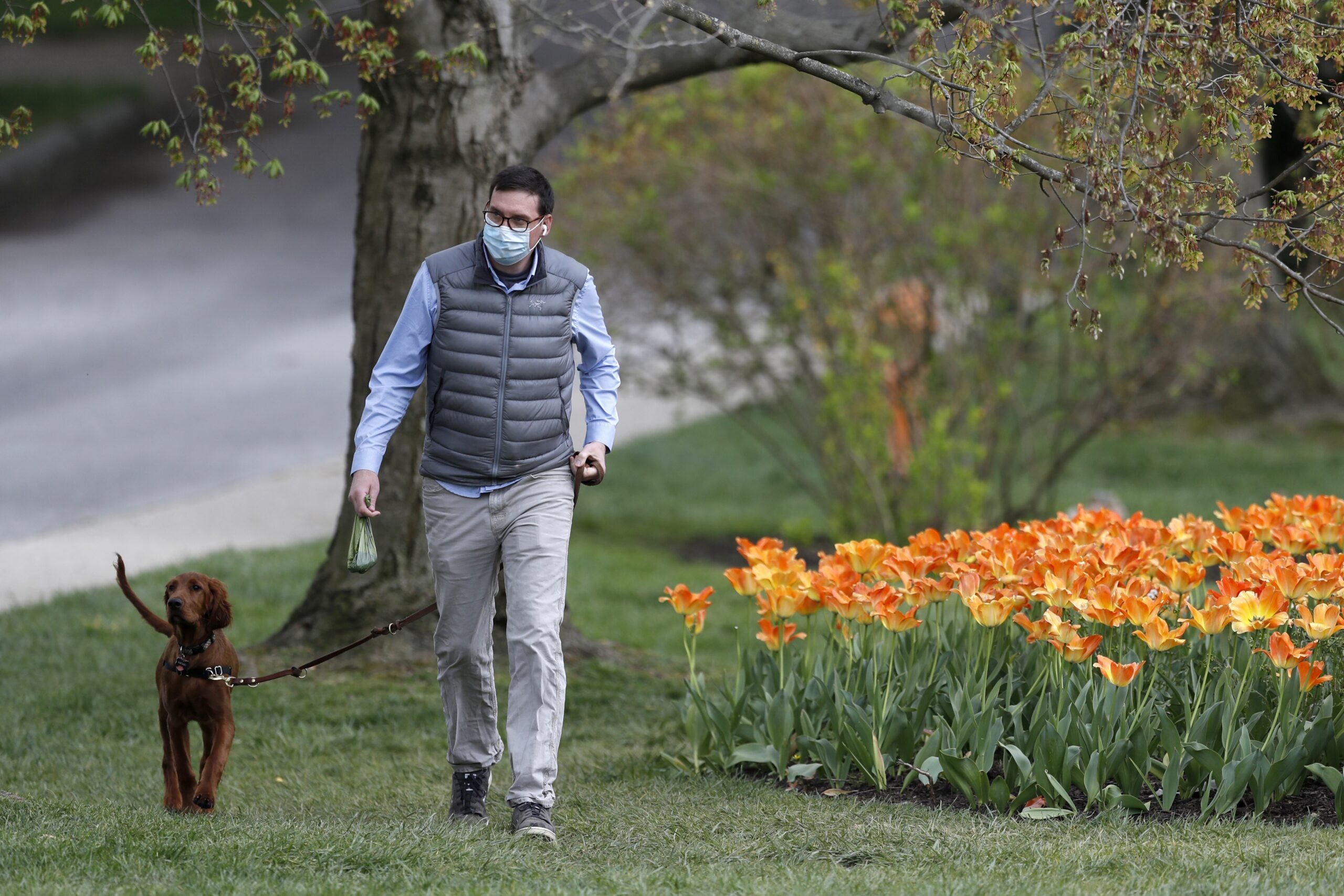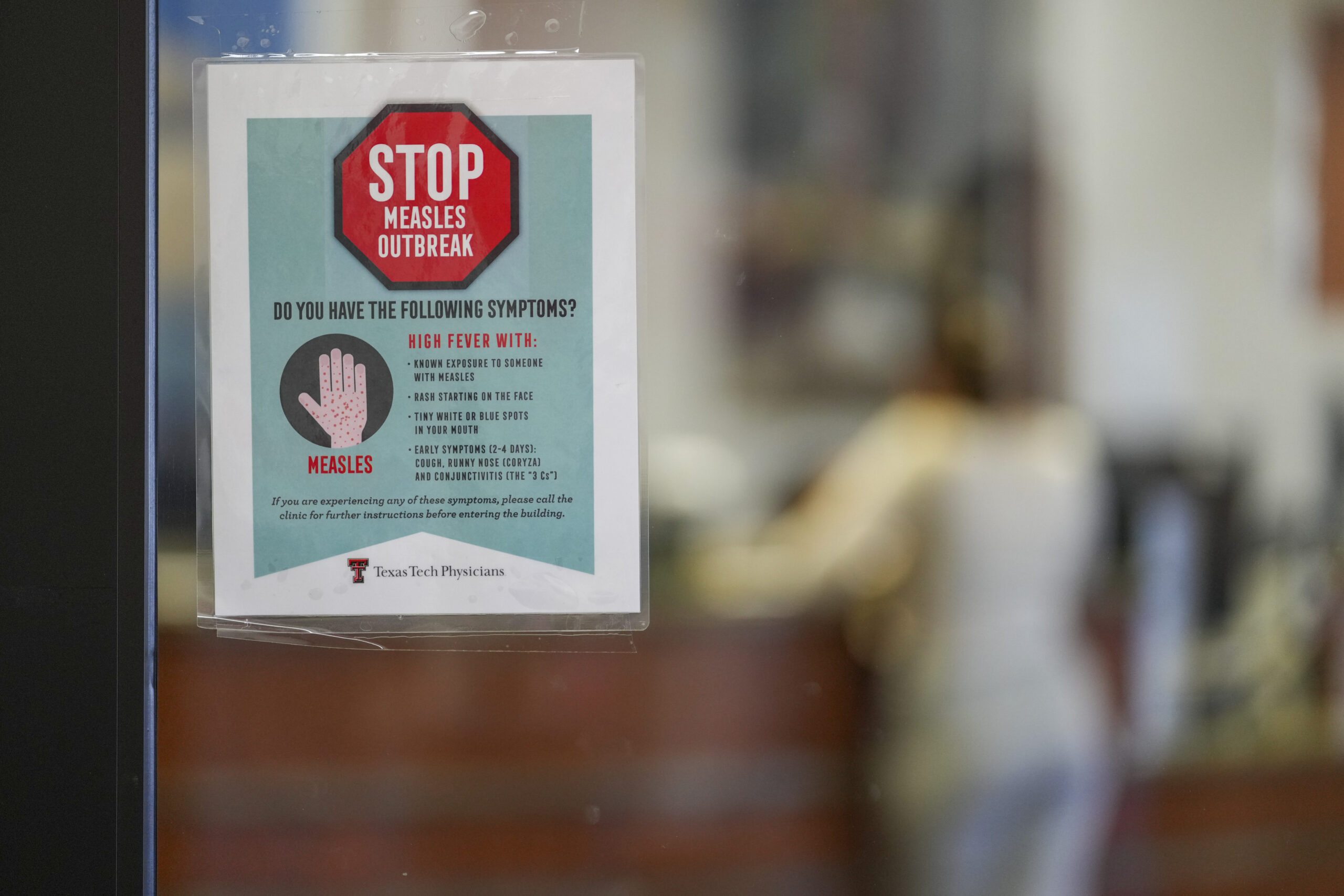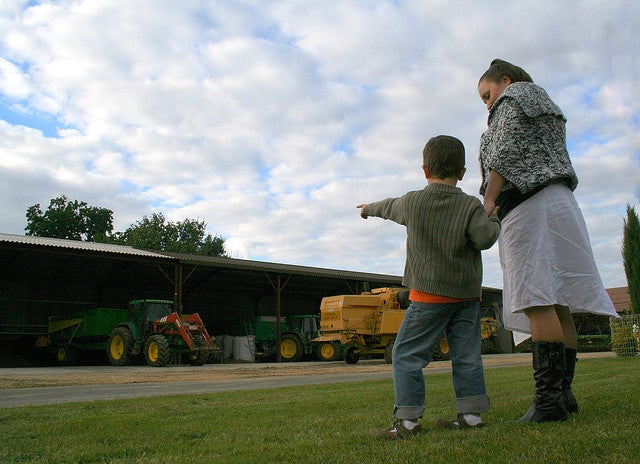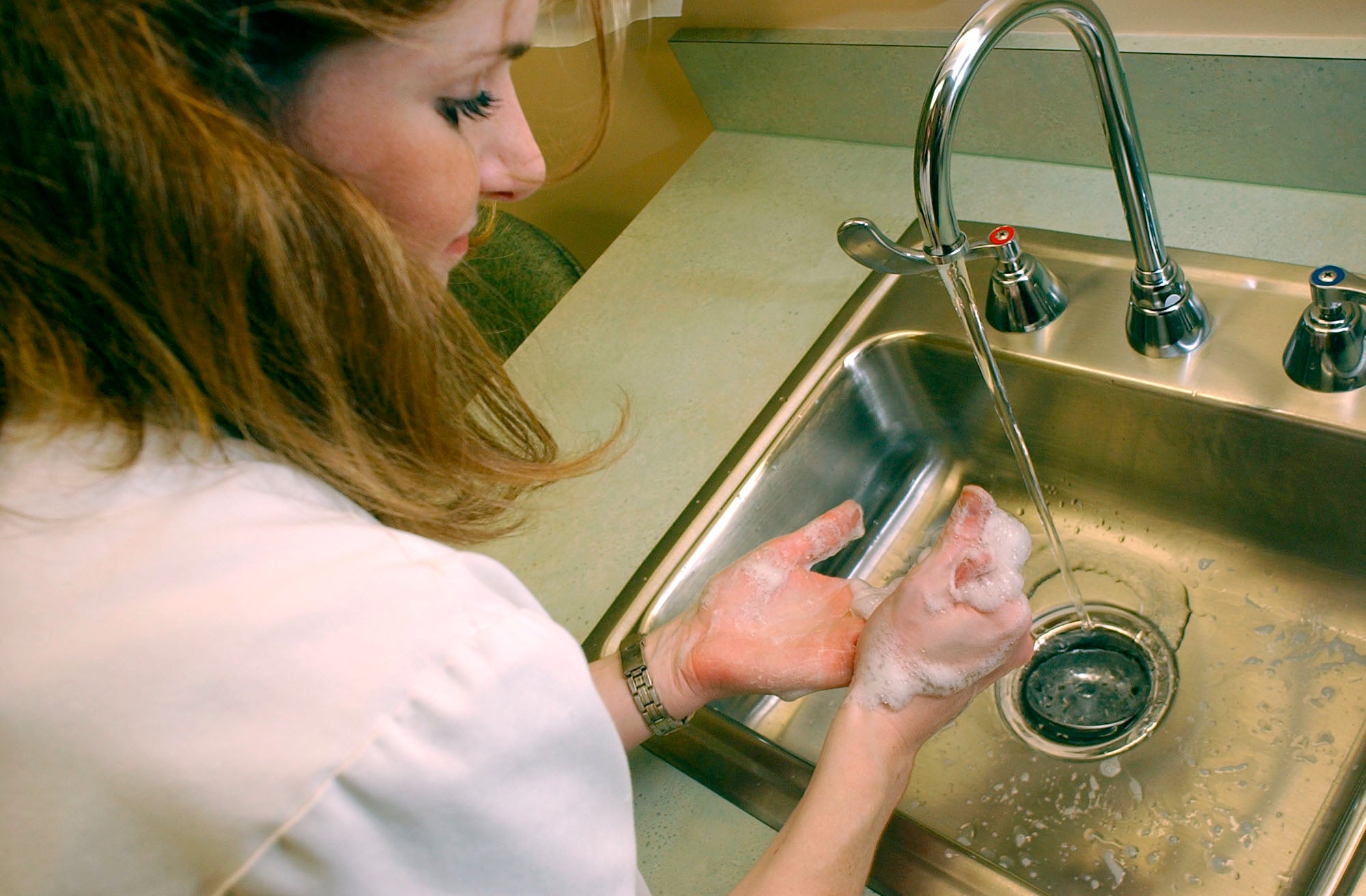Dear Readers: I’d like to identify, clarify and otherwise elucidate some facts and fictions concerning COVID-19.
To reiterate what I’ve said before, the sources I use are: Johns Hopkins; Mayo Clinic; the New York Times; the Wall Street Journal; my local paper, the Wisconsin State Journal; and, of course, NPR and Wisconsin Public Radio.
To keep up with this ever-changing pandemic I have been posting frequently on the Zorba Paster On Your Health Facebook page. So please visit often to post your questions, and to read my latest distillations of information surrounding COVID-19.
Stay informed on the latest news
Sign up for WPR’s email newsletter.
Most of the following questions are from listener emails and questions I received via Facebook. Please note, all information here is up to date as of this writing.
Question: Why is it called “coronavirus” and why the number 19?
Answer: There are many coronaviruses around. The year this virus was discovered was 2019. It was initially named “SARS-CoV-2” as it was related to that coronavirus. Then the World Health Organization gave it a unique shortened name – COVID-19. Coronaviruses get their name from the fact that under an electron microscope, each virus particle is surrounded by structures that form a “corona,” or crown.
Question: How can a mask keep the virus from exiting the mask, yet allow the virus to enter the mask?
Answer: If an N95 mask is fitted properly all air you breathe in and out will exit only through the mask. Other masks allow air to enter and exit both through the mask and around the sides of the mask – left, right, up and down. Those masks, the ones that many are wearing, keep down the amount of COVID-19 droplets that might be spread by people who have COVID-19 but don’t know it. Masks don’t protect you very much, but they do remind you to stay away from others and refrain from touching your face.
Question: Do dogs and cats spread COVID-19?
Answer: Not to our knowledge. They don’t get the disease like we do. Now, whether it’s on their fur if they live in a house with the coronavirus is a different question. Very unlikely. The virus does live on cardboard, plastic and wood. That’s why we wipe down those surfaces.
Question: Is it safe to donate blood and plasma during this pandemic?
Answer: Donating blood is very safe. The Red Cross does a better job of keeping you COVID-19-free than does your local grocery store.
Question: There’s much emphasis on hand washing, but I haven’t heard much about telling people to make sure they are taking care of the skin on their hands. How can a person wash frequently and keep their hands intact?
Answer: Washing for 20 seconds with soap and water is just fine. Tepid water is as good as hot. You’re washing off the virus which is not like washing off oil or fat. Yes, you may need to moisturize your hands with Nivea, Aquaphor, or Cetaphil or any other aesthetically pleasing cream or lotion. If you use hand sanitizer it’s one squirt and then rub until it’s gone. Most homemade products are not as good as they don’t have a moisturizer in them.
Stay well and be safe. Handshakes, fist bumps and high fives will return. And those hugs from friends and family that make us feel so good will feel even better when we get to share them once again.
Wisconsin Public Radio, © Copyright 2025, Board of Regents of the University of Wisconsin System and Wisconsin Educational Communications Board.



